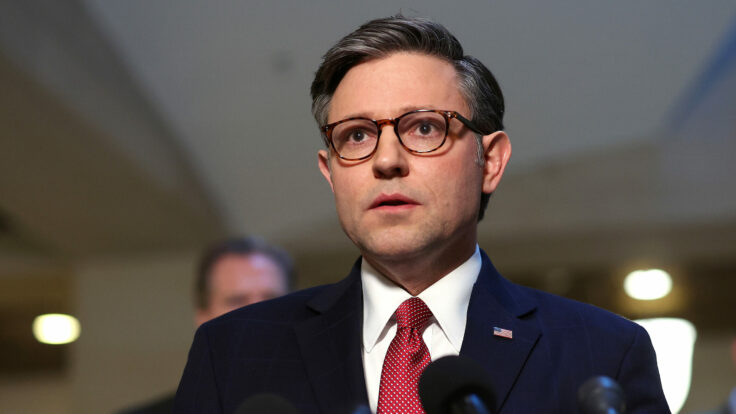In the weeks leading up to January 3rd, the first day of the new Congress, a small clique of far right hardliners within the House Freedom Caucus—the majority of them freshmen, backbenchers, and members still waiting to be sworn in—were quietly, furiously reading up on the chamber’s arcane rules. They took meetings with the Office of the Parliamentarian, peppering the House’s resident expert with questions about which procedures to abide by on the floor, past precedents to thwart a speakership election, and what sort of motions they could call to grind Kevin McCarthy’s political future into dust. “I guarantee you,” a strategist close to their efforts told me, “that each of those 20 knows vastly more about House procedure than your typical non-leadership, middle-of-the-road member of the Republican conference.”
Their efforts and discussions went largely unnoticed by the press or their peers. Most of the media attention, after all, centered on the five “Never Kevin” hardliners who had stated publicly that they wouldn’t vote for McCarthy under any circumstances. Given the G.O.P.’s razor-thin margin in the House, McCarthy could only afford to lose four votes, but the five seemed small enough to break, or to peel off with symbolic concessions, and McCarthy’s allies were certain that they could reach 218 “ayes” within two rounds of votes.

















